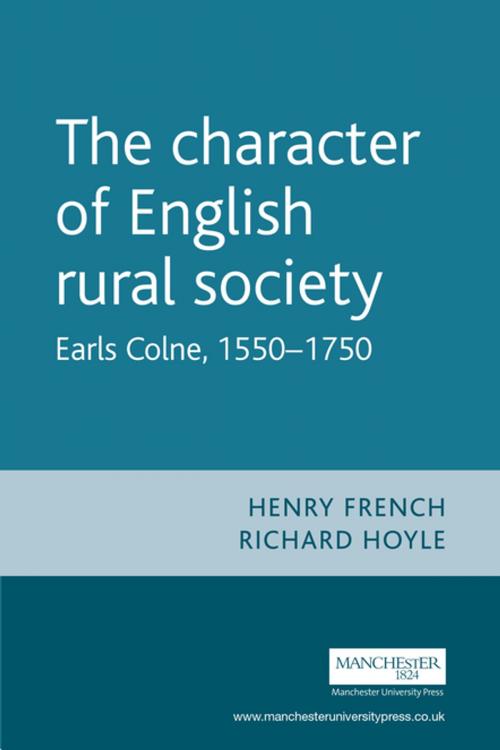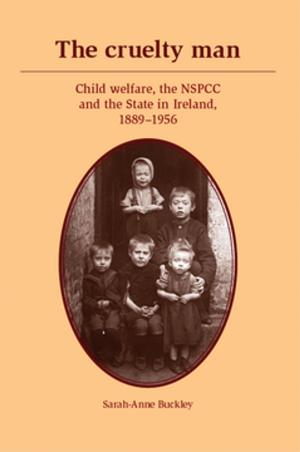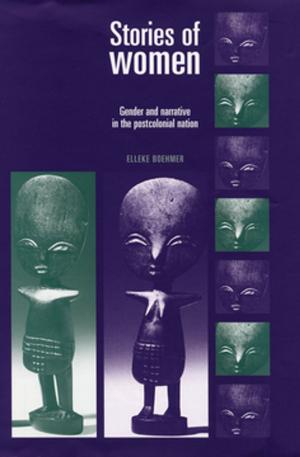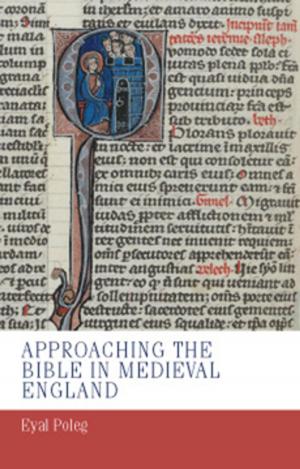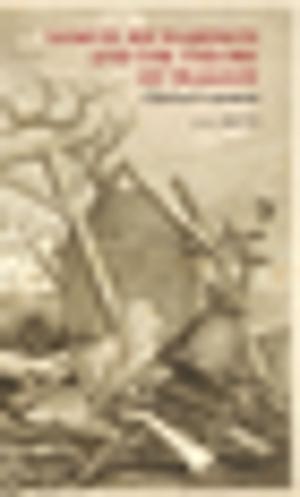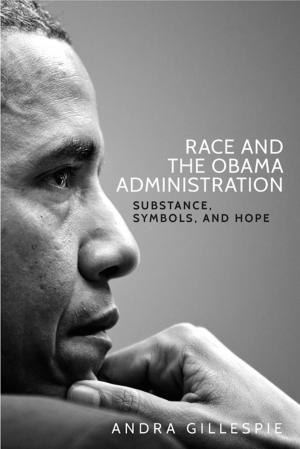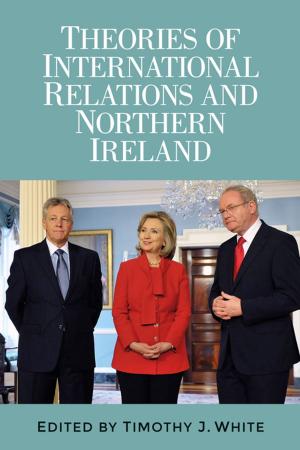The character of English rural society
Earls Colne, 1550–1750
Nonfiction, History, British, Social & Cultural Studies, Political Science, Government| Author: | Henry French, Richard Hoyle | ISBN: | 9781847795199 |
| Publisher: | Manchester University Press | Publication: | July 19, 2013 |
| Imprint: | Manchester University Press | Language: | English |
| Author: | Henry French, Richard Hoyle |
| ISBN: | 9781847795199 |
| Publisher: | Manchester University Press |
| Publication: | July 19, 2013 |
| Imprint: | Manchester University Press |
| Language: | English |
This is a major study of the transformation of early modern English rural society. It begins by assessing the three major debates about the character of English society: the ‘Brenner Debate’; the debate over English Individualism; and the long running debate over the disappearance of the small landowner. It then turns to the history of Earls Colne in Essex, which has never before been the subject of a full-length study despite it being one of the most discussed villages in England.
French and Hoyle’s rounded account describes the arrival of a new landlord family, the Harlakendens, the tensions created by this change, and the gradual atrophy of their power. This account of change is backed up by a new and original analysis of landholding in the village, which depicts the land market in unprecedented detail, and explores the changing significance of landownership for ordinary people.
It is a key work for all those interested in how English rural society changed between the sixteenth and eighteenth centuries.
This is a major study of the transformation of early modern English rural society. It begins by assessing the three major debates about the character of English society: the ‘Brenner Debate’; the debate over English Individualism; and the long running debate over the disappearance of the small landowner. It then turns to the history of Earls Colne in Essex, which has never before been the subject of a full-length study despite it being one of the most discussed villages in England.
French and Hoyle’s rounded account describes the arrival of a new landlord family, the Harlakendens, the tensions created by this change, and the gradual atrophy of their power. This account of change is backed up by a new and original analysis of landholding in the village, which depicts the land market in unprecedented detail, and explores the changing significance of landownership for ordinary people.
It is a key work for all those interested in how English rural society changed between the sixteenth and eighteenth centuries.
